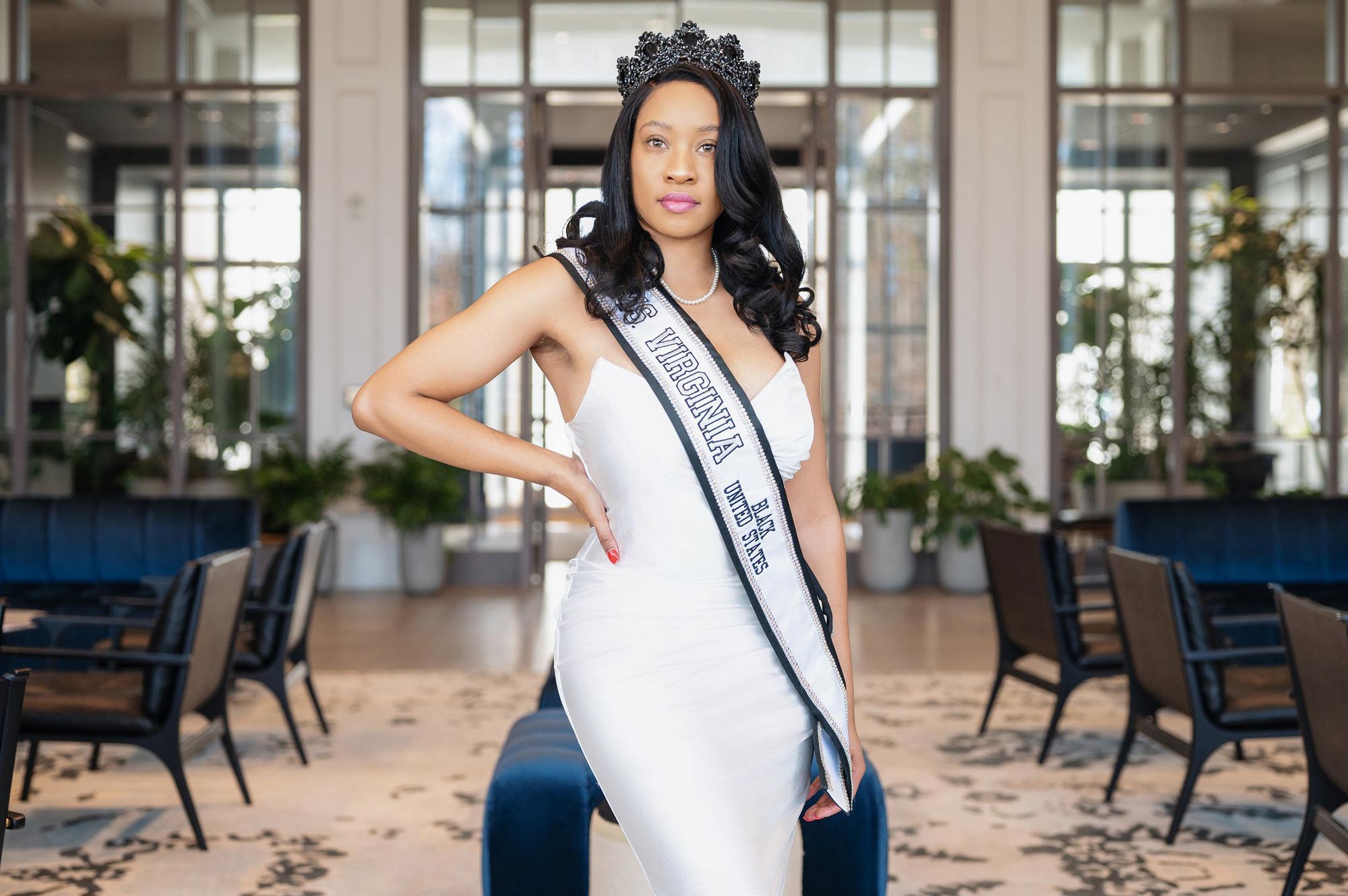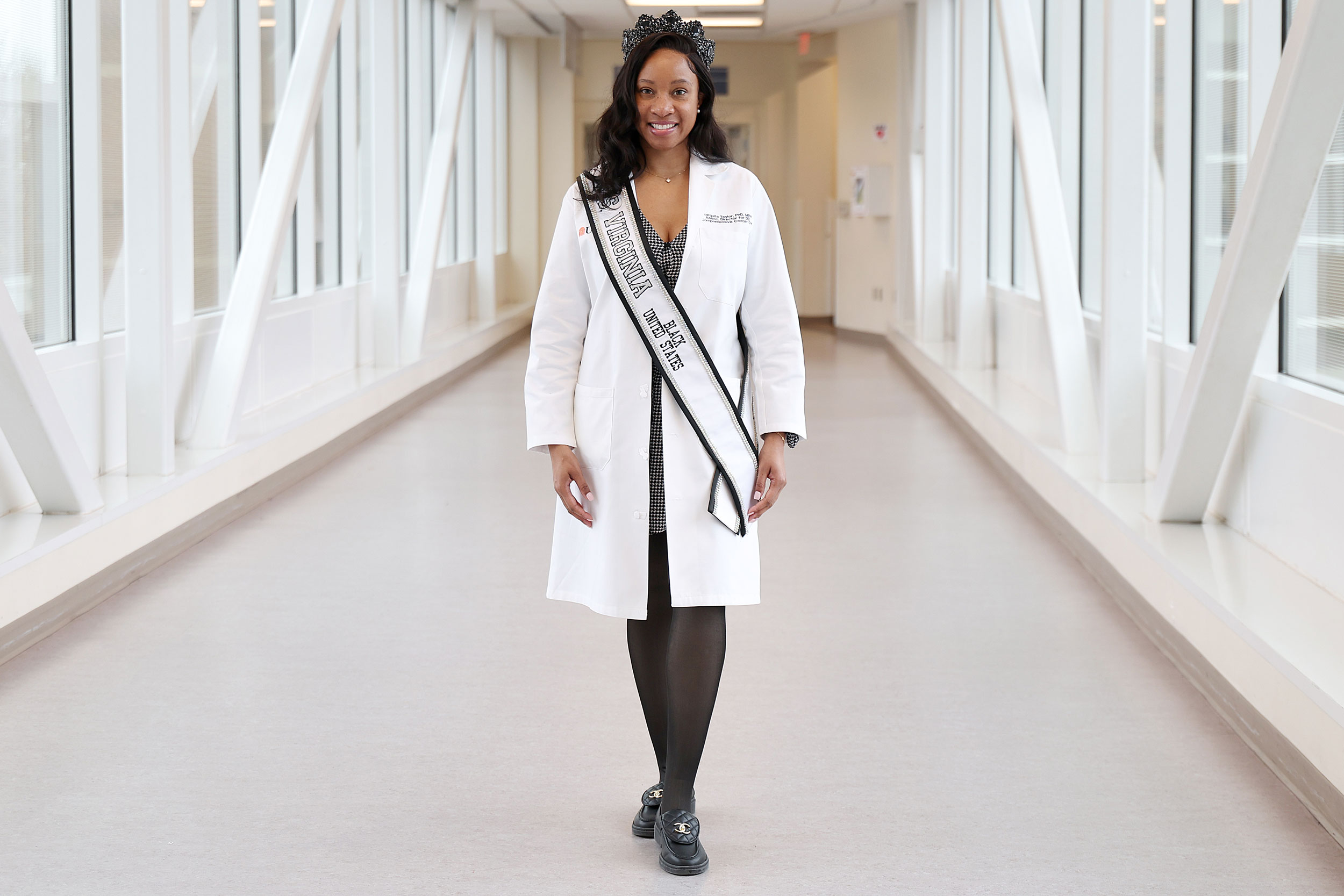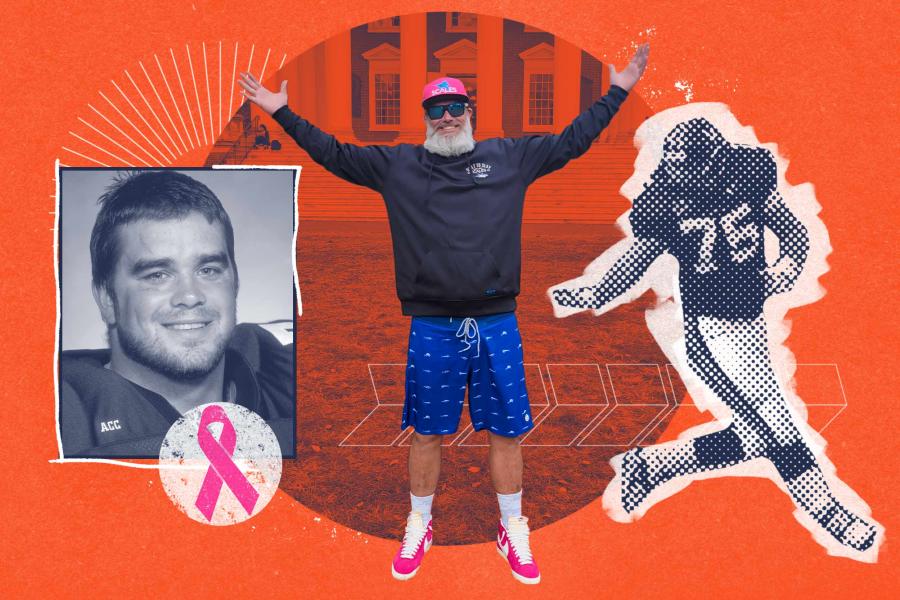The average age of diagnosis for pancreatic cancer is 70, according to the Mayo Clinic. Marquita Taylor was 25 when she was diagnosed with Stage 4 pancreatic cancer in 2014.
“To this day, no physician has been able to tell me how or why I’m an anomaly,” she said. “The survival rate for pancreatic cancer is only 13%, so the fact that I’m still here is really remarkable and something that science has been unable to explain.”
Due to the lack of answers she found about her case, Taylor has now dedicated her career to boosting research into cancer disparities, particularly among Black women.

Taylor was crowned the 2024 Ms. Virginia and will compete in the Ms. Black United States pageant in 2025. (Contributed photo)
Shortly after her diagnosis, she decided to pivot and earn a master’s in public health from the Morehouse School of Medicine, where she researched the links between environmental effects and cancer incidence.
“That led me to determine that my cancer incident was environmental and related to food intake and lack of access to fresh produce,” she said.
Taylor is now the associate director of diversity, equity and inclusion of the University of Virginia’s Cancer Center, where she works to build an inclusive and culturally competent workforce through mentorship programs, development opportunities and new recruitment strategies.
We’re at the point now where by 2030, pancreatic cancer will be the second-leading cause of cancer death in the United States.
She is also an assistant professor in the UVA School of Medicine’s Department of Public Health Sciences, where she teaches about health equity and researches the cancer experiences and outcomes of Black women.
To balance her work with her personal life, Taylor decided she needed a hobby. So, she entered the Ms. Black United States pageant and was crowned Ms. Virginia. In 2025, she will compete for the national title.
Her platform, like her work, centers around cancer education and the importance of early screening and healthy behaviors. Given the platform that pageantry provides across Virginia, she found it was a good way to spread awareness.











